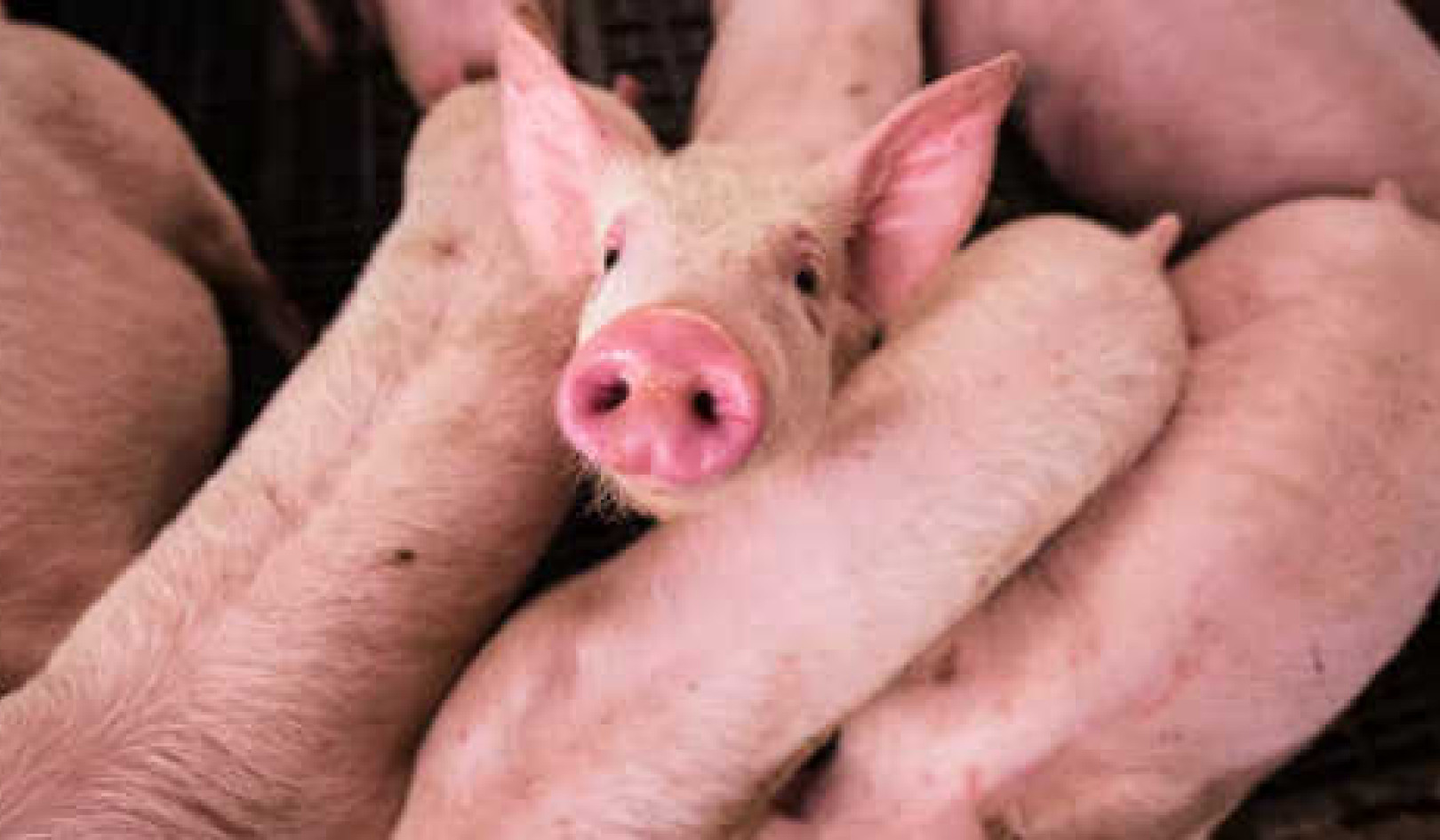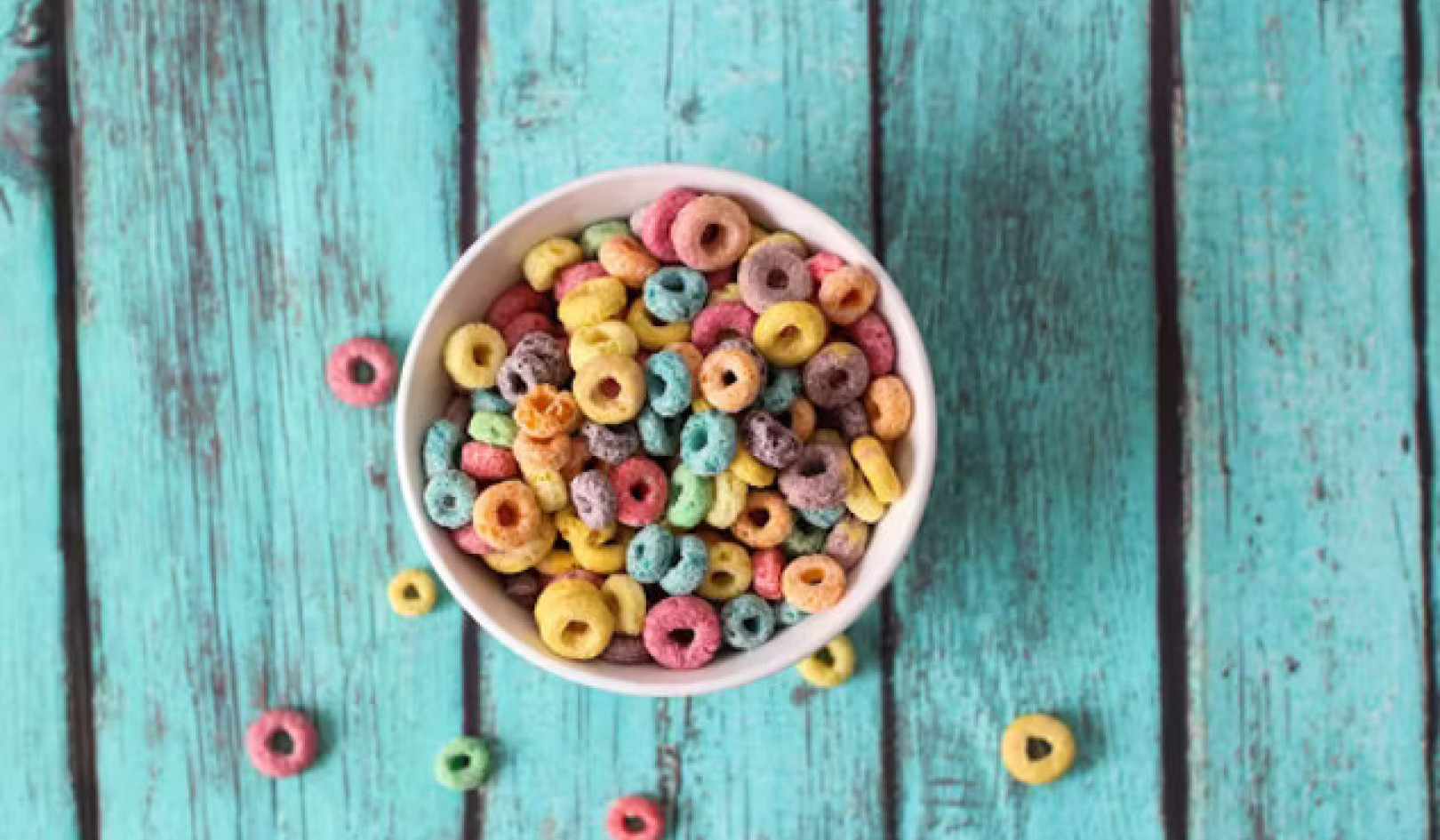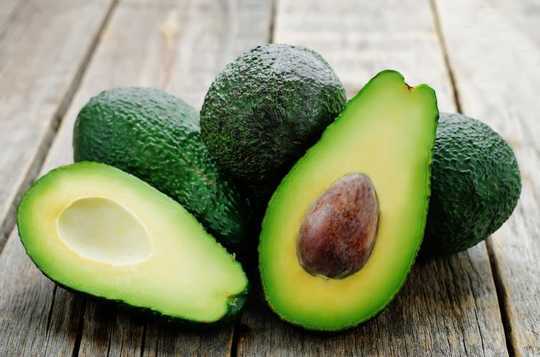 Avocadon’t? Nataliya Arzamasova/Shutterstock
Avocadon’t? Nataliya Arzamasova/Shutterstock
A video recently doing the rounds on Facebook included a segment from the BBC comedy quiz show QI. The video asks which of avocados, almonds, melon, kiwi or butternut squash are suitable for vegans. The answer, at least according to QI, is none of them.
Commercial farming of those vegetables, at least in some parts of the world, often involves migratory beekeeping. In places such as California, there are not enough local bees or other pollinating insects to pollinate the massive almond orchards. Bee hives are transported on the back of large trucks between farms – they might go from almond orchards in one part of the US then on to avocado orchards in another, and later to sunflower fields in time for summer.
Vegans avoid animal products. For strict vegans this means avoiding honey because of the exploitation of bees. That seems to imply that vegans should also avoid vegetables like avocados that involve exploiting bees in their production.
Is that right? Should vegans forego their avocado on toast?
Defending avocados
The revelation that avocados might not be “vegan-friendly” could seem to be a reductio ad absurdum of the ethical vegan argument. Some people might point to this and claim that those who are vegan but still consume avocados (or almonds and the like) are hypocrites. Alternatively, this sort of news might lead some people to throw up their hands at the impossibility of living a truly vegan diet, and so to give up. Pass me the foie gras someone …
However, one initial defence for vegans is that this is only a problem for certain vegetables that are produced commercially on a large scale and which are dependent on migratory beekeeping. In places such as the UK, this practice is still (as far as I can tell) uncommon. Locally sourced butternut squash would probably be fine (although you could never guarantee a bee kept in a hive hadn’t pollinated a crop), while avocados and almonds (including most almond milk) sourced from California might be a problem.
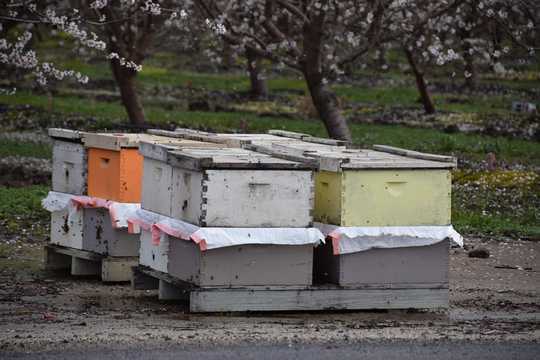 California almond orchard – and bees. Sonia Cervantes/Shutterstock
California almond orchard – and bees. Sonia Cervantes/Shutterstock
Another answer might depend on someone’s view about the moral status of insects. Commercial beekeeping may injure or kill bees. Transporting bees to pollinate crops appears to negatively affect their health and lifespan. But some may question whether bees are capable of suffering in the same way as animals, while others may wonder whether bees are self-aware – whether they have a desire to continue to live. If they do not, some philosophers argue that they would not be harmed by being killed (others, such as Gary Francione, would beg to differ).
Depends on your ethical rationale
The more important general response is that whether or not migratory beekeeping is a problem depends on your ethical rationale for being vegan.
Some vegans have a non-consequentialist justification for being vegan – they wish to avoid acting immorally through their diet. This could be based on something like the Kantian rule of avoiding using another sentient being as a means to an end. Or they may have a rights-based view, according to which animals (including bees) are rights holders. Any amount of rights violation is wrong under this view – it is simply not ethically permissible to use bees as slaves.
Other vegans choose not to eat meat or other animal products for consequentialist reasons – they wish to minimise animal suffering and killing. This ethical argument might also have trouble with migratory beekeeping. While the amount of suffering experienced by an individual bee is probably small, this would be magnified by the very large number of insects potentially affected (31 billion honeybees in the Californian almond orchards alone). A vegan who chooses to eat almonds or avocados is not doing what would most reduce animal suffering.
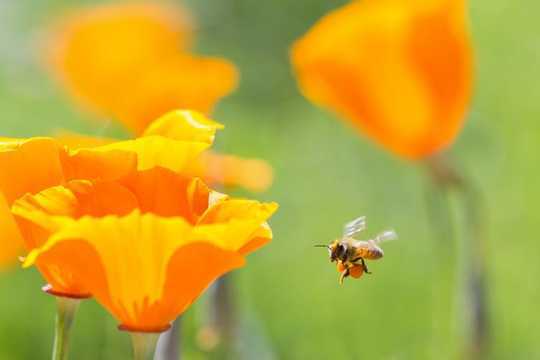 On the move. Sumikophoto/Shutterstock
On the move. Sumikophoto/Shutterstock
However, a different, (perhaps more practical) ethical rationale that might underlie a decision to go vegan is the wish to reduce the animal suffering and killing and environmental impact involved in food production. Migratory beekeeping also has negative environmental effects, for example, through the spread of disease and effect on native honeybee populations
Taking this view, dietary choices that reduce animal exploitation are still valuable even if some animal exploitation would still occur. After all, there is a need to draw a line somewhere. When we make choices about our diet, we a need to balance the effort we expend against the impact on our daily life. The same applies when we make choices about how much we should donate to charity, or how much effort we should make to reduce water consumption, energy use, or CO? emissions.
One ethical theory for how resources should be distributed is sometimes called “sufficientarianism”. Briefly, it is the idea that resources should be shared out in a way that is not perfectly equal, and may not maximise happiness, but at least ensures that everyone has a basic minimum – has enough. In another area of ethics, there is sometimes discussion of the idea that the aim of parenting is not to be the perfect parent (we all fail at that), but to be a “good enough” parent.
Taking a similar “sufficientarian” approach to the ethics of avoiding animal products, the aim is not to be absolutely vegan, or maximally vegan, but to be sufficiently vegan – to make as much effort as feasible to reduce harm to animals for the sake of our diet – we could call this a “vegantarian” diet. For some people this may mean choosing to avoid Californian avocados, but others may find their personal ethical balance at a different point. What is more, accepting and embracing all these variations may provide room for more people to adopt or sustain a vegan lifestyle.
Pass me the avo on toast, someone.![]()
About the Author
Dominic Wilkinson, Consultant Neonatologist and Professor of Ethics, University of Oxford
This article is republished from The Conversation under a Creative Commons license. Read the original article.
Books on Pets from Amazon's Best Sellers list
"The Beginner's Guide to Dog Agility"
by Laurie Leach
This book is a comprehensive guide to dog agility, including training techniques, equipment, and competition rules. The book includes step-by-step instructions for training and competing in agility, as well as advice for selecting the right dog and equipment.
Click for more info or to order
"Zak George's Dog Training Revolution: The Complete Guide to Raising the Perfect Pet with Love"
by Zak George and Dina Roth Port
In this book, Zak George offers a comprehensive guide to dog training, including positive reinforcement techniques and advice for addressing common behavior issues. The book also includes information on selecting the right dog and preparing for the arrival of a new pet.
Click for more info or to order
"The Genius of Dogs: How Dogs Are Smarter than You Think"
by Brian Hare and Vanessa Woods
In this book, authors Brian Hare and Vanessa Woods explore the cognitive abilities of dogs and their unique relationship with humans. The book includes information on the science behind dog intelligence, as well as tips for enhancing the bond between dogs and their owners.
Click for more info or to order
"The Happy Puppy Handbook: Your Definitive Guide to Puppy Care and Early Training"
by Pippa Mattinson
This book is a comprehensive guide to puppy care and early training, including advice for selecting the right puppy, training techniques, and health and nutrition information. The book also includes tips for socializing puppies and preparing for their arrival.
Click for more info or to order


















